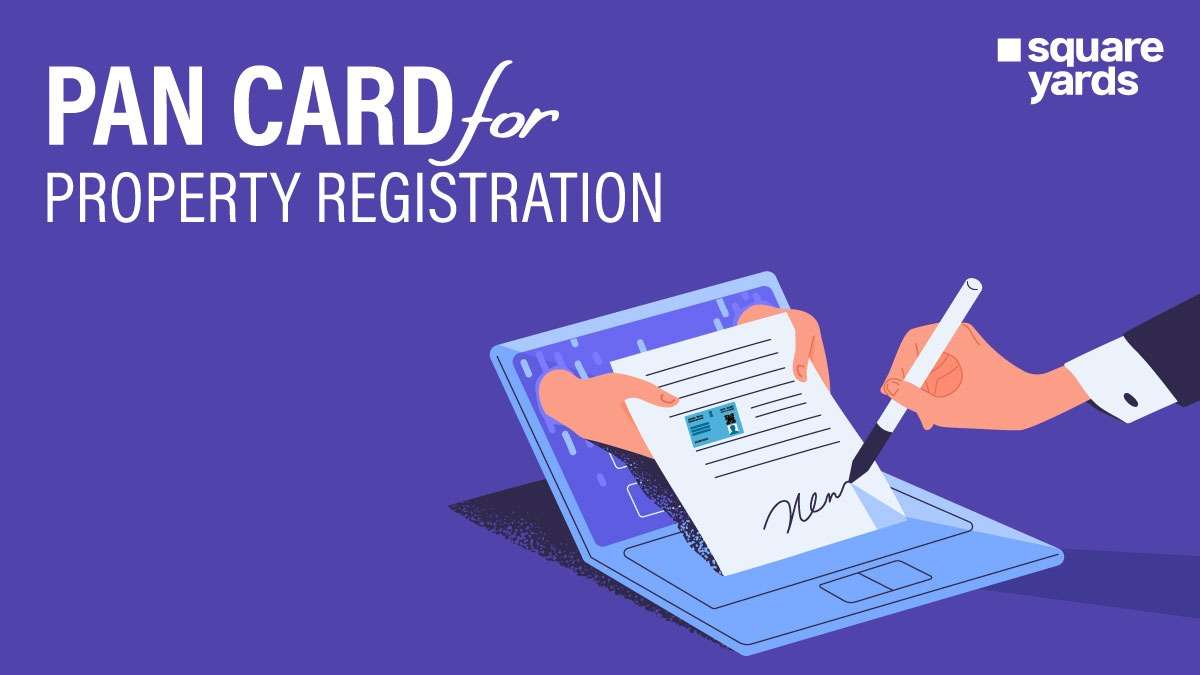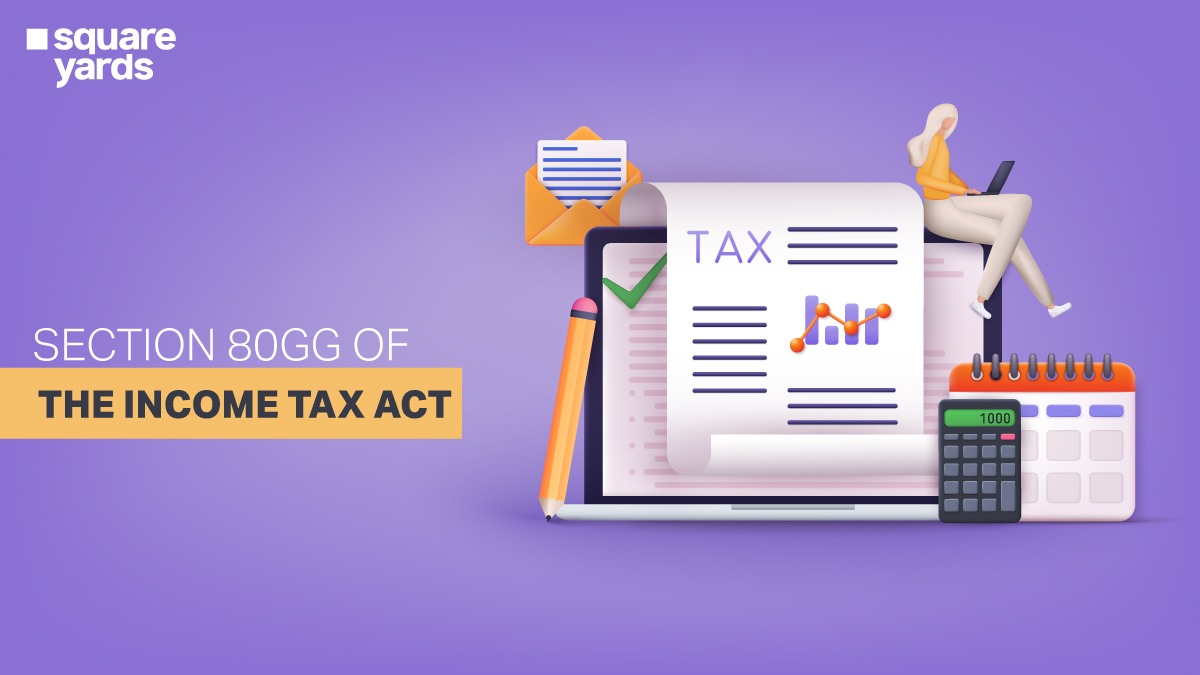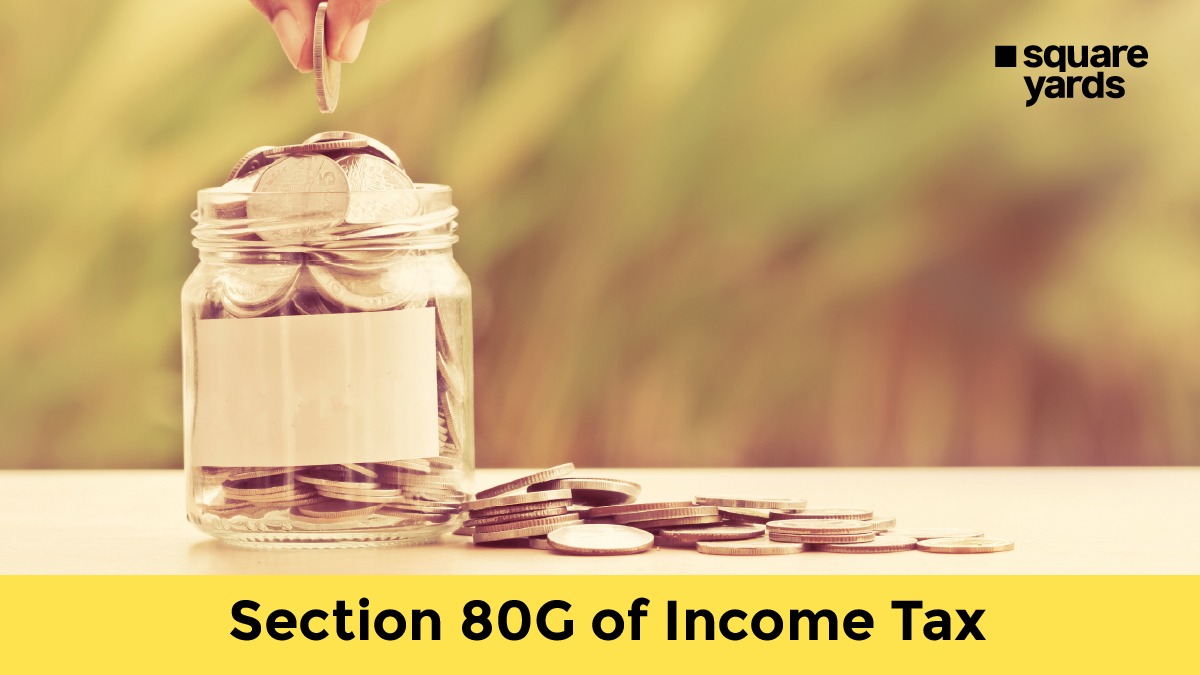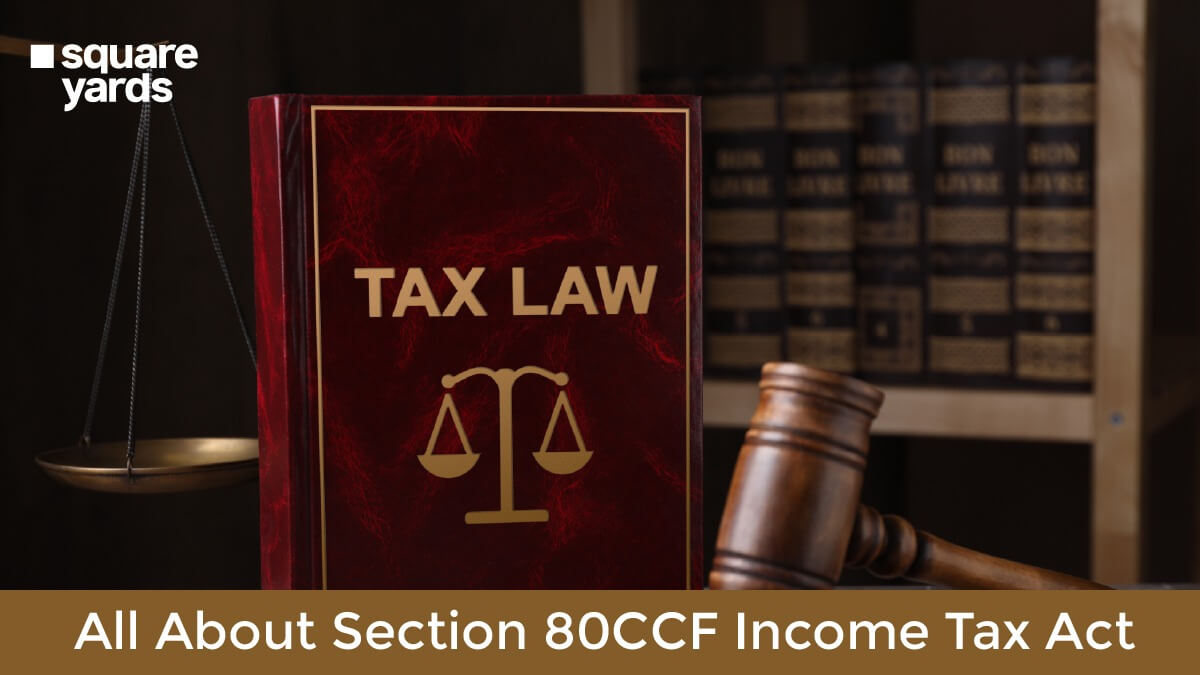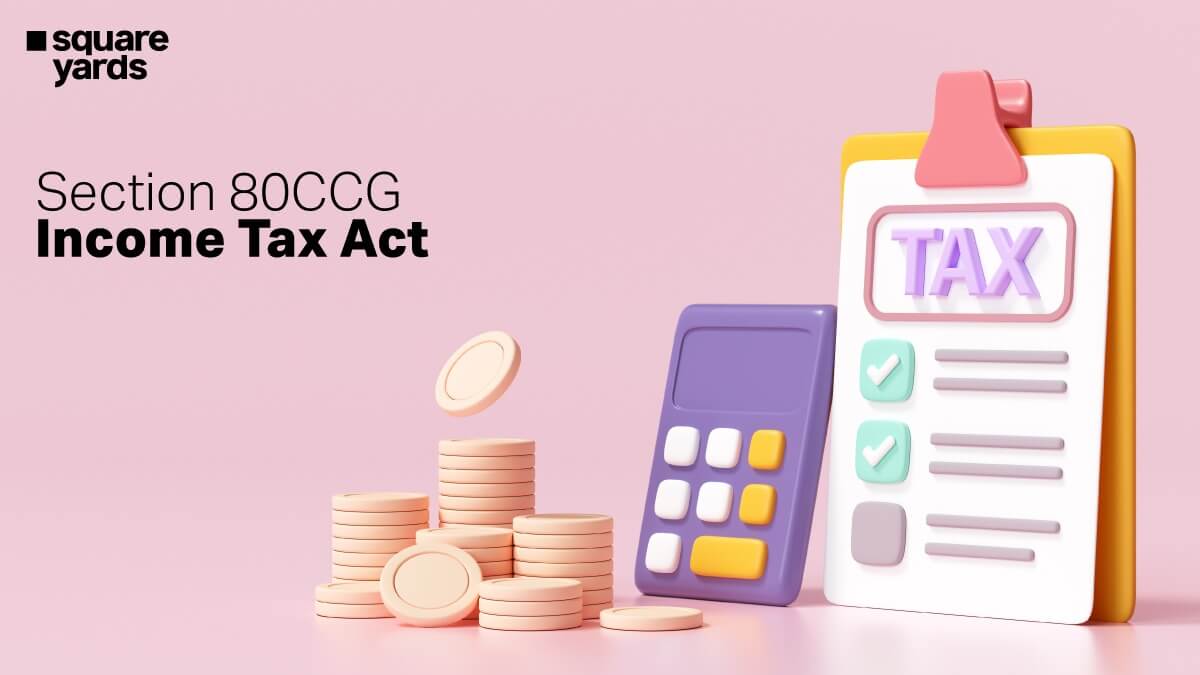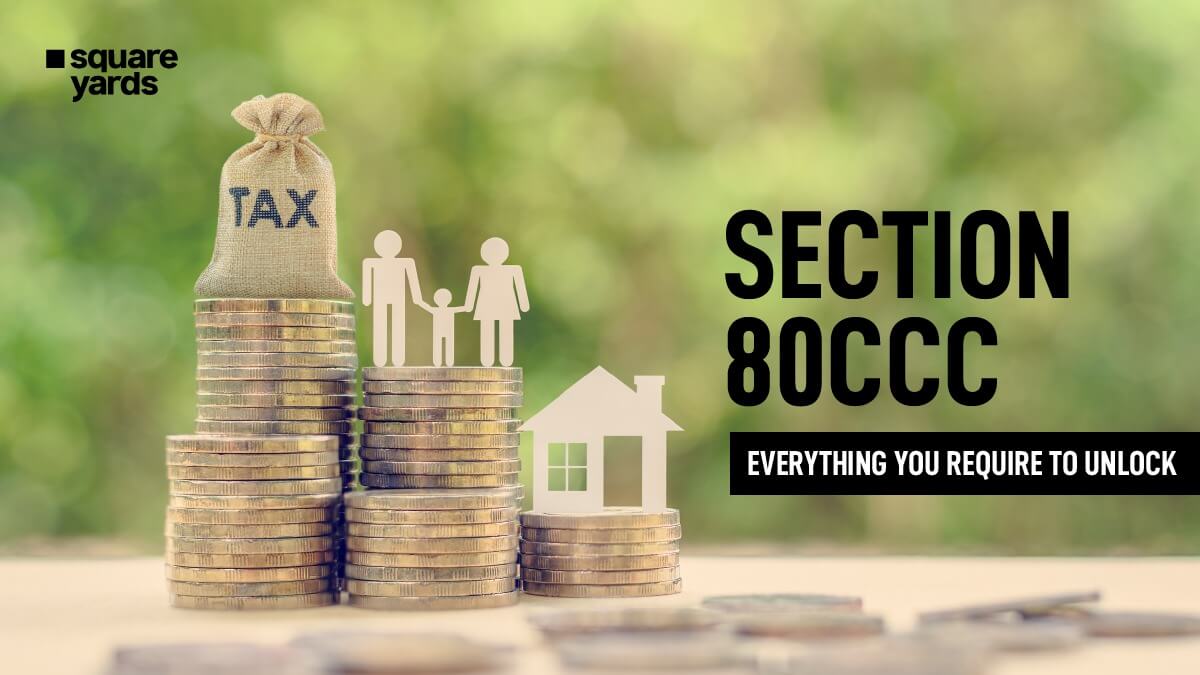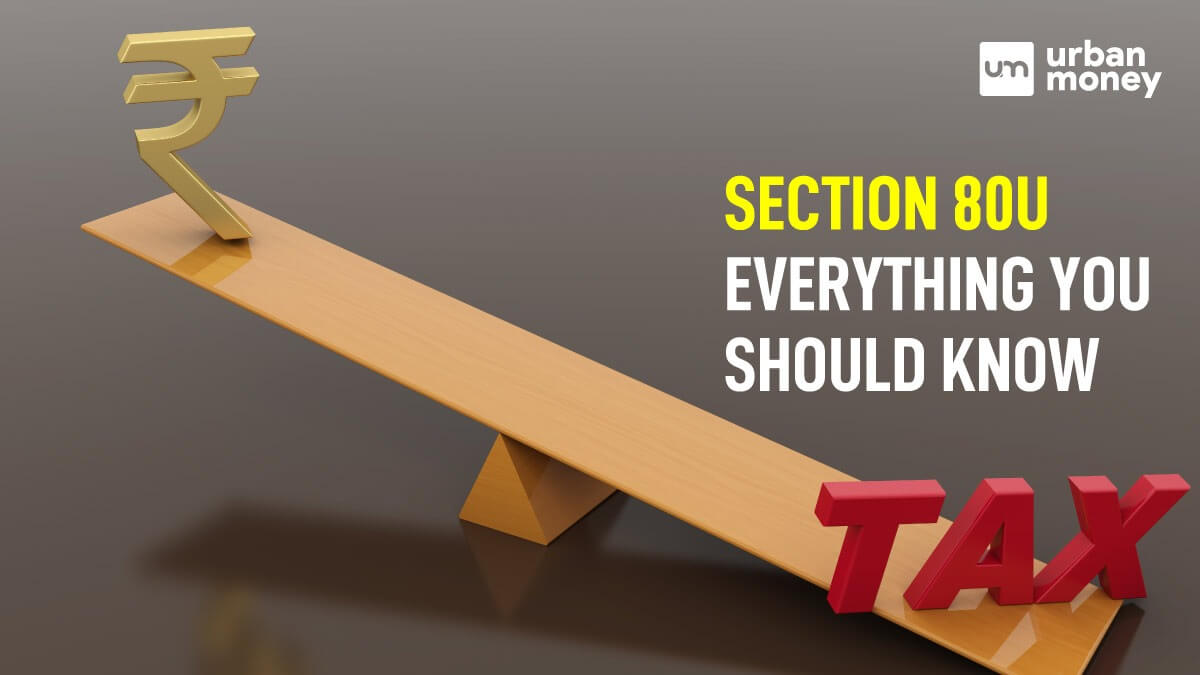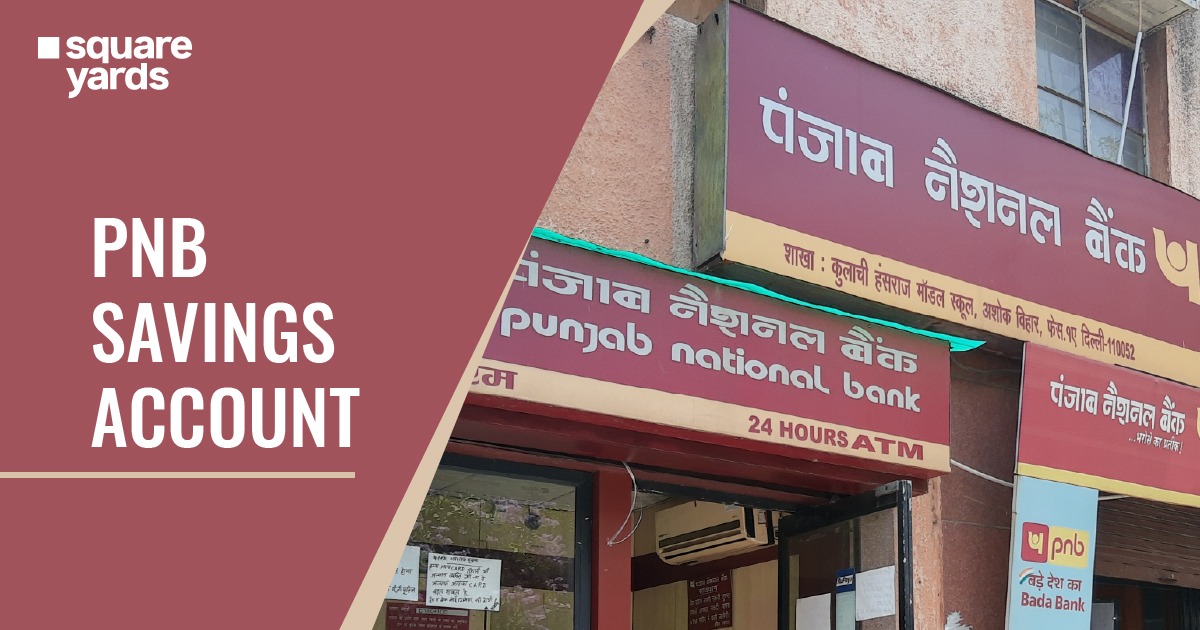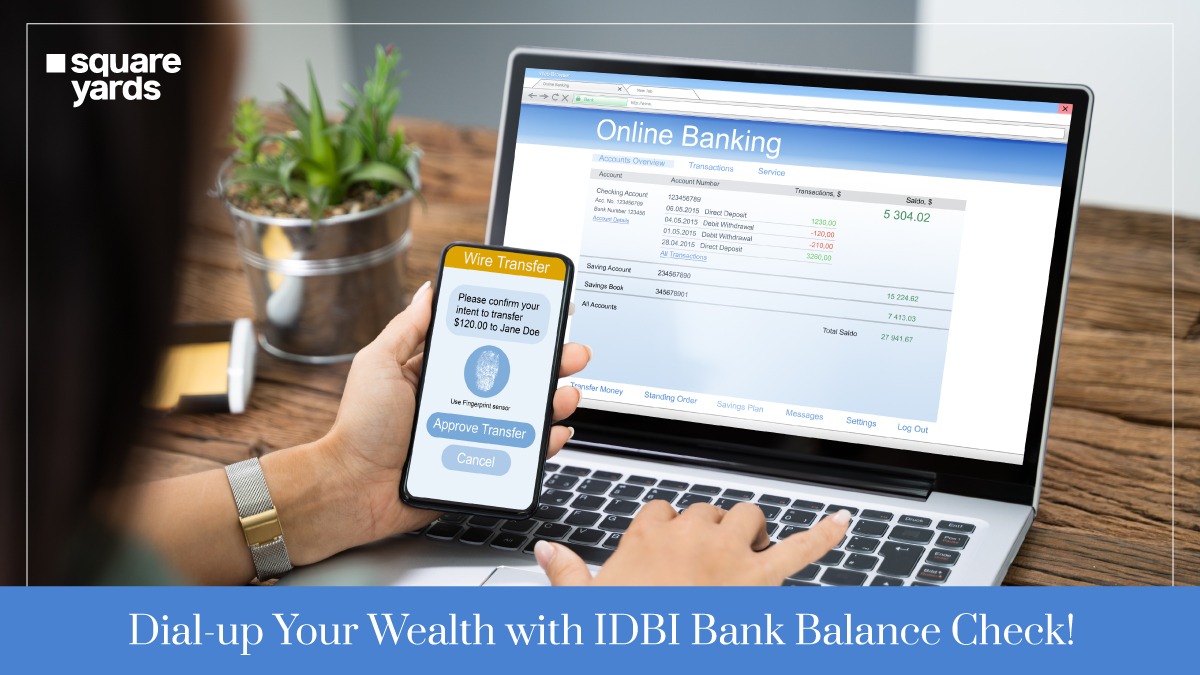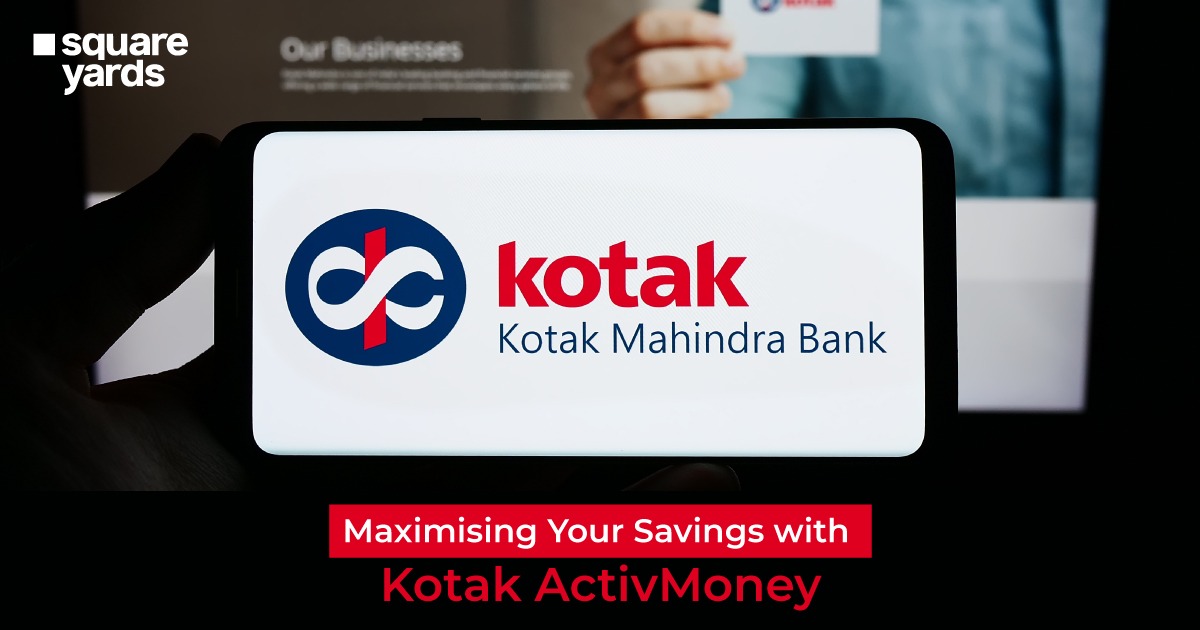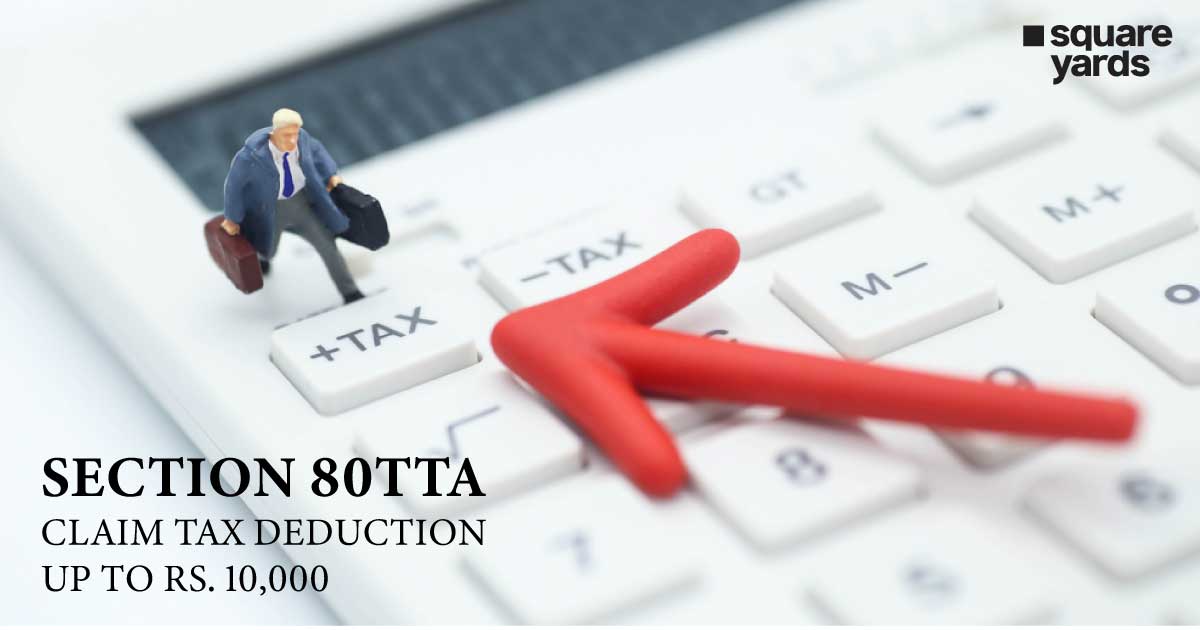A PAN Card’s primary function is to document all financial transactions helping the government curb the ill effects of tax evasion. The purchase or sale of properties generally involves huge capital. Thus, a mandate is only essential to contain what can be potential fraudulence. Presenting a PAN card for property registration, sale, purchase, or rent has, therefore, been made compulsory by the government.
This article will go through all the possibilities associated with the PAN Card and its function in property registration.
Table of contents
PAN Card for Property Registration
Any transactions pertaining to immovable properties have to be documented with a PAN card. These transactions can be of several types, such as buying or selling properties, renting out spaces or lands and property registration.
PAN cards allotted to the citizens of India are meant for recording financial transactions, which, in turn, helps the Income Tax Department efficiently monitor an individual’s income with his investments and borrowings.
So, when it comes to property transactions, both buyers and sellers need to provide their PAN Card Numbers to the respective registrar overseeing their transaction. Given below are the scenarios in which providing PAN is mandatory:
- Agreements of sale or purchase of immovable assets that exceed INR 10 lakh.
- For transactions exceeding INR 50 lakh, buyers are expected to deduct 1% TDS and make payments to the Income Tax Department. If failed to do so, the deduction will be raised to 20%.
Is PAN Card Mandatory for Buying and Selling Property?
Any transactions relating to the buying and selling of properties need to be done with a Permanent Account Number (PAN) of the property owner. It was mandated to curb land fraud and fake arrangements.
Is e PAN card valid for Property Registration?
It has been notified by the government that digitally signed PAN cards have been made valid for property registration. It was mentioned in the amendments in clause (c) subsection (8) of Section 139A of Income Tax Act, 1961 and sub-rule (6) of Rule 114 of the Income Tax Rules, 1962. The government also modified the sub-rule (6) of Rule 114 of the Income Tax Rules vide GFR 1128(E), dated 19/11/2018. e-Pan includes a verified QR code containing demographic and biometric data that work at par with the regular PAN Card.
Documents Required for Property Registration
The general process for property registration includes the submission of deeds and documents that can be done through various online portals and payment of stamp duties. The documents required are as follows:
- An ownership proof, including a copy of the old sale deed.
- Identification proof like driving licence, Aadhaar card, or any government-issued identity card.
- No Objection Certificate.
- Identity proof of witnesses (if any).
- A detailed illustration and a visual representation of an immovable property.
It is to be noted that any property deal worth over INR 10 lakhs will not be possible without quoting a Permanent Account Number. Upon quoting their PAN, owners can also enjoy a 5% tax deduction on rented properties above INR 50,000, without which the tax deductions can rise to 20%.
Does an NRI Need a PAN Card in Property Registration?
The answer to that question is not easy because even though it is not mandatory for NRIs to get any special permission to buy immovable property, they may need to provide a Permanent Account Number (PAN) for the property transaction documentation. Other than a PAN Card, NRIs also need the following:
- A valid Indian Passport. If not, they have to show a document that proves their Indian origin, or they must hold an Overseas Citizen of India (OCI) Card.
- NRIs would also require a power of attorney to represent themselves in case of absence for performing transactions.
Where is a Pan Card a Mandatory?
The Indian government has made it mandatory to quote a PAN card to proceed with the following types of property transactions in India to prevent fraud and increase the tax base.
Purchase or Sell Immovable Property Above 10 lakh.
Registering a property sale or purchase for more than Rs. 10 lakh without the buyer and seller providing their PAN card numbers is not feasible.
To Claim TDS from Rental Income
Tenants can use a 5% TDS on all immovable property rentals by supplying their PAN data for Rs. fifty thousand. The TDS increases to 20% if the landlord does not provide their PAN card.
To claim TDS if the buyer spends more than 50 lakh.
A residential Indian who wishes to buy land worth more than 50 lakh may be eligible for a 1% TDS as long as they can produce their PAN information at the time of the claim.
Frequently Asked Questions (FAQs)
No, you need to quote your PAN Card to sell your property. As a matter of fact, both the buyer and seller need to present their respective PAN cards for any agreement above INR 10 lakhs. A PAN card is necessary to avail of a home loan or a property loan along with other identification documents, such as an Aadhaar card, driving licence, or any government-issued identity cards. One has to provide the PAN card details of their landlord to avail of tax benefits over HRA (Home Rent Allowance. The Government of India has recently made this a strict rule so that tenants cannot evade taxes via the submission of fake rent receipts. No, when selling a property, you must present your PAN card. In fact, for every deal worth more than Rs. 10 lakh, both the seller and the buyer must provide their respective PAN cards. You can change the number on the receipt by applying to the department that issued the receipt. Yes, PAN is necessary for the purchase of immovable property. Can I Sell a Property Without a PAN card?
Is a PAN Card Mandatory for a Home or Property Loan?
Is PAN Card Mandatory for Rent Agreements?
Can I Sell My Property Without a PAN Card?
What if the PAN Number is Incorrect in Property Registration?
Is PAN Necessary for The Purchase of Immovable Property?


